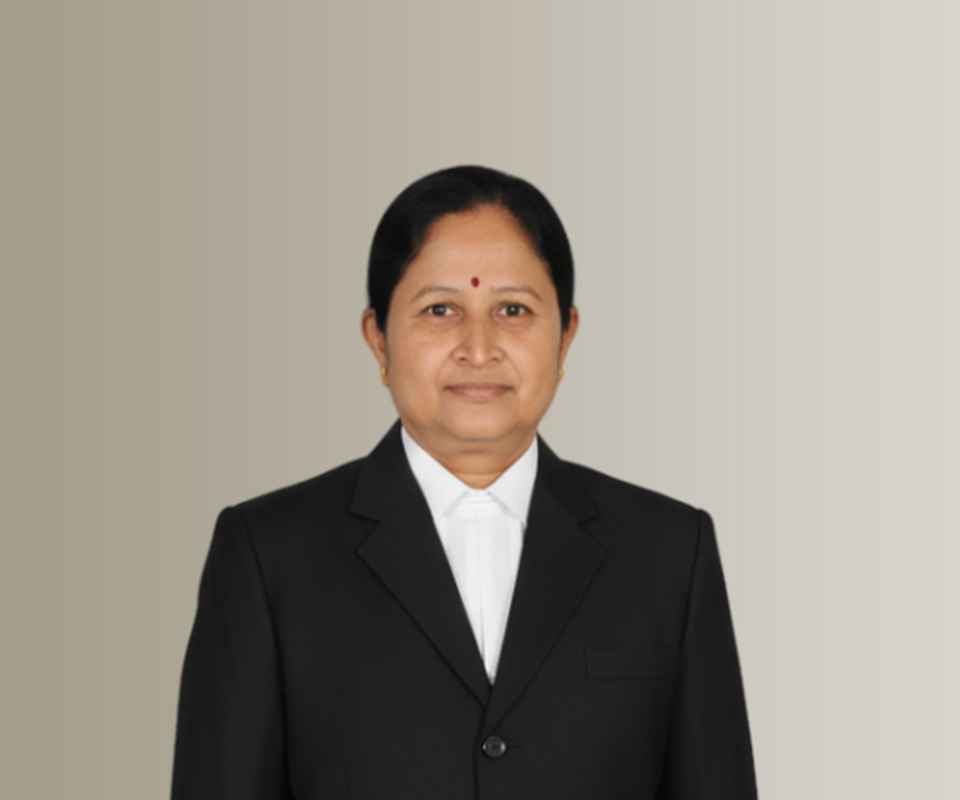Answer By law4u team
In Indian law, a Contested Divorce refers to a situation where one spouse files for divorce without the mutual consent of the other spouse. Here are the key aspects of Contested Divorce: Filing Petition: In a Contested Divorce, one spouse (the petitioner) files a divorce petition in the appropriate family court, citing grounds for divorce as per the provisions of the Hindu Marriage Act, 1955, or other relevant laws depending on the religion of the parties. Grounds for Divorce: The petitioner must specify valid grounds for seeking divorce, such as cruelty, adultery, desertion, conversion to another religion, mental disorder, or irretrievable breakdown of marriage, among others. These grounds are defined in the respective marriage laws. Serving Notice: After filing the divorce petition, the court serves a notice to the other spouse (the respondent), informing them about the divorce proceedings and giving them an opportunity to respond. Response and Counter-Claim: The respondent can either contest the divorce or file a counter-claim with their own grounds for divorce or opposing the petitioner's grounds. They must file a written response to the court within the stipulated time. Evidence and Hearings: In a Contested Divorce, both parties present their arguments, evidence, and witnesses to support their case during court hearings. The court may also consider factors such as child custody, alimony, and division of property. Mediation and Counseling: In some cases, the court may suggest mediation or counseling sessions to help the parties resolve their differences and reach a settlement. If mediation fails, the court continues with the divorce proceedings. Judgment: After considering all the evidence and legal arguments, the court makes a judgment regarding the divorce. The judgment may grant or deny the divorce based on the merits of the case and the applicable laws. Appeals: Either party can appeal against the court's decision if they are dissatisfied with the judgment. The appeal process involves presenting the case before a higher court for review. Contested Divorce proceedings can be complex, time-consuming, and emotionally challenging for both parties involved. It's advisable for individuals seeking a Contested Divorce to consult with legal experts to understand their rights, obligations, and the legal process involved.









